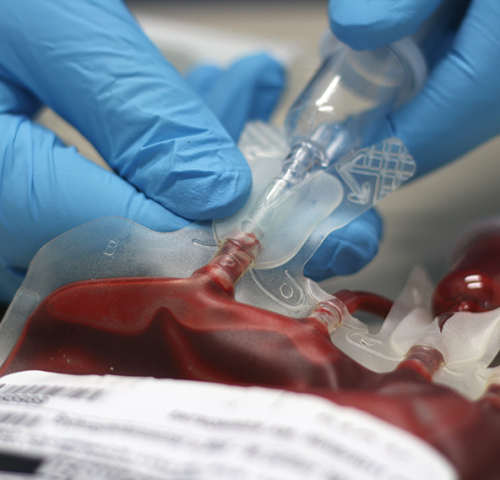Hepatitis B
Transmission: hepatitis B is transmitted through contact with the blood or other body fluids of an infected person. For example, it can be spread from mother to child during childbirth, through sharing razors or toothbrushes, having unprotected sex, and sharing needles and syringes to inject drugs.
Prevention: hepatitis B vaccination is very effective in preventing infection. If you have not been vaccinated, it is best to use condoms, and to avoid sharing needles or items such as toothbrushes, razors or nail scissors with an infected person to reduce chances of exposure. You should also avoid getting tattoos or body piercings from unlicensed facilities. If you think you are likely to be exposed in future, vaccination is highly recommended. Children born to mothers with hepatitis B should be vaccinated within 12 hours of birth, as this can prevent an infection that is likely to progress to chronic hepatitis B.
Treatment: although there is currently no real cure for hepatitis B, drugs such as alpha interferon and peginterferon and a variety of antiviral drugs are available. These drugs slow the replication of the virus and occasionally result in its clearance. Most importantly, they greatly reduce the risk of the complications that hepatitis B can cause such as liver cirrhosis and liver cancer.

